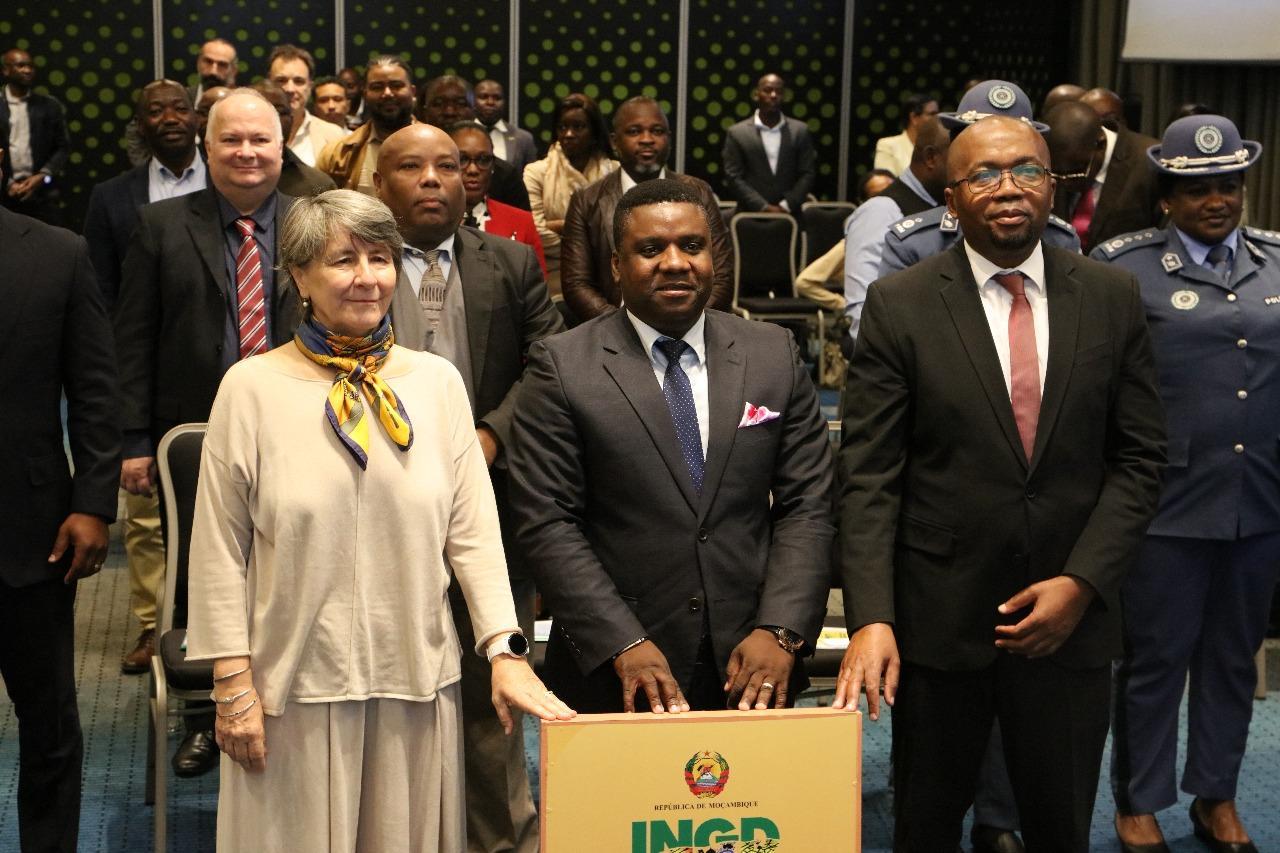Africa-Press – Mozambique. Mozambique’s relief agency, the National Institute for Disaster Risk Management (INGD), has launched a Code of Conduct for Humanitarian Actors, a document aimed at ensuring human rights and protecting the victims of sexual exploitation and abuse.
According to Adelto Chambela, director of the Social and Environmental Safeguard Division of the INGD, who was speaking on Tuesday during the launch ceremony, this instrument is also aimed at protecting those affected by extreme weather events, especially women, children and the elderly, who are often forced to leave their homes or areas of origin to seek shelter in resettlement centres.
“This code is important because it will promote transparency, ethics, integrity and a set of standards and guidelines to guide humanitarian action in Mozambique, within the principles of respect for human rights”, he said.
He believed that the document will establish clear standards of behaviour for humanitarian actors during the emergency management cycle, such as respect for human dignity, and respect for the country’s laws and regulations.
For his part, Deputy Attorney-General Amâncio Zimba said that everything must be done to prevent vulnerable populations from experiencing sexual violence.
“In Mozambique, this problem is still little discussed despite the urgent need to eliminate it. Many women and children are subjected to sexual violence on a daily basis and most of them suffer in silence, because they think they are guilty, due to a lack of support and even because sex-related issues are still taboo in society”, he said.
He added “there are still few cases of sexual violence reported to the judicial system, because many cases are dealt with privately or informally. Sexual crimes are like crimes against honour and are not reported. Many victims keep quiet for fear of losing their honour or reputation.”
The majority of cases are related to requests for sexual favours in order to be included on assistance lists, or cases in which girls and women are threatened with being removed from assistance lists if they refuse to provide sexual favours.
For More News And Analysis About Mozambique Follow Africa-Press






